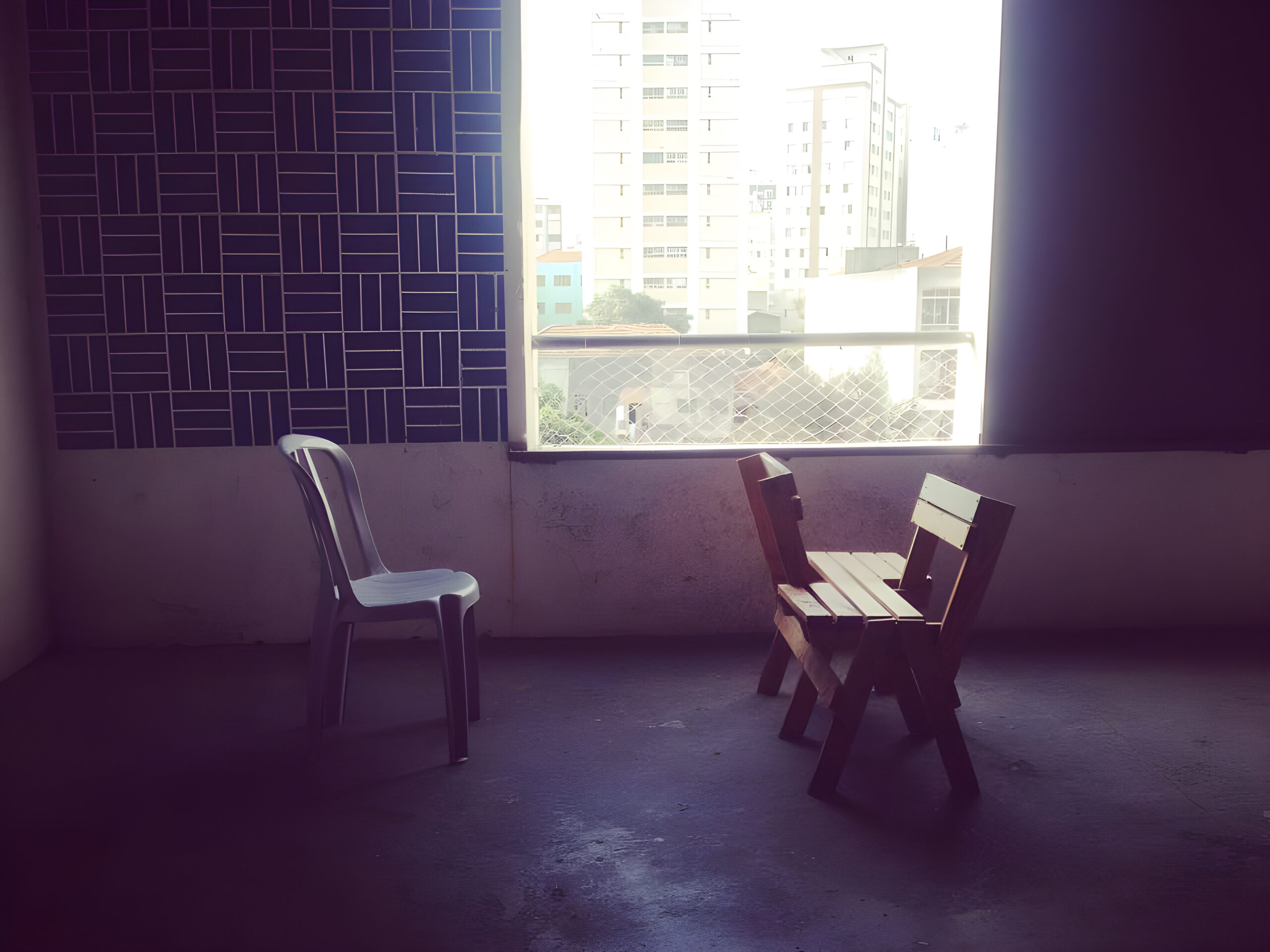In 1929 psychoanalyst Sándor Ferenczi founded a free clinic in Budapest, which brought together key figures in Hungarian psychoanalysis, such as Michael and Alice Bálint, Vilma Kovács and Imre Hermann. Budapest is a key research site because its psychoanalytic beginnings were marked by a uniquely robust and effervescent pluridisciplinarity. In the first two decades of the twentieth century, the exchanges of avant-garde intellectuals (writers, musicians, painters, psychoanalysts, medical doctors, lawyers, economists), organised in a number of journals (e.g. Gyógyászat, Nyugat, Huszadik Század), had the role of popularising psychoanalysis. The voices of psychoanalysts were also heard in the national press, as they were often consulted on a great variety of topics, from psychopathology to matters of everyday life. In this vibrant climate, the Budapest Clinic was established as an autonomous entity from the Hungarian Psychoanalytical Society and it brought crucial innovations, including a conversation on the importance of the countertransference of the psychoanalyst to their patient. This project will investigate the ramifications of these early practices in our times.

